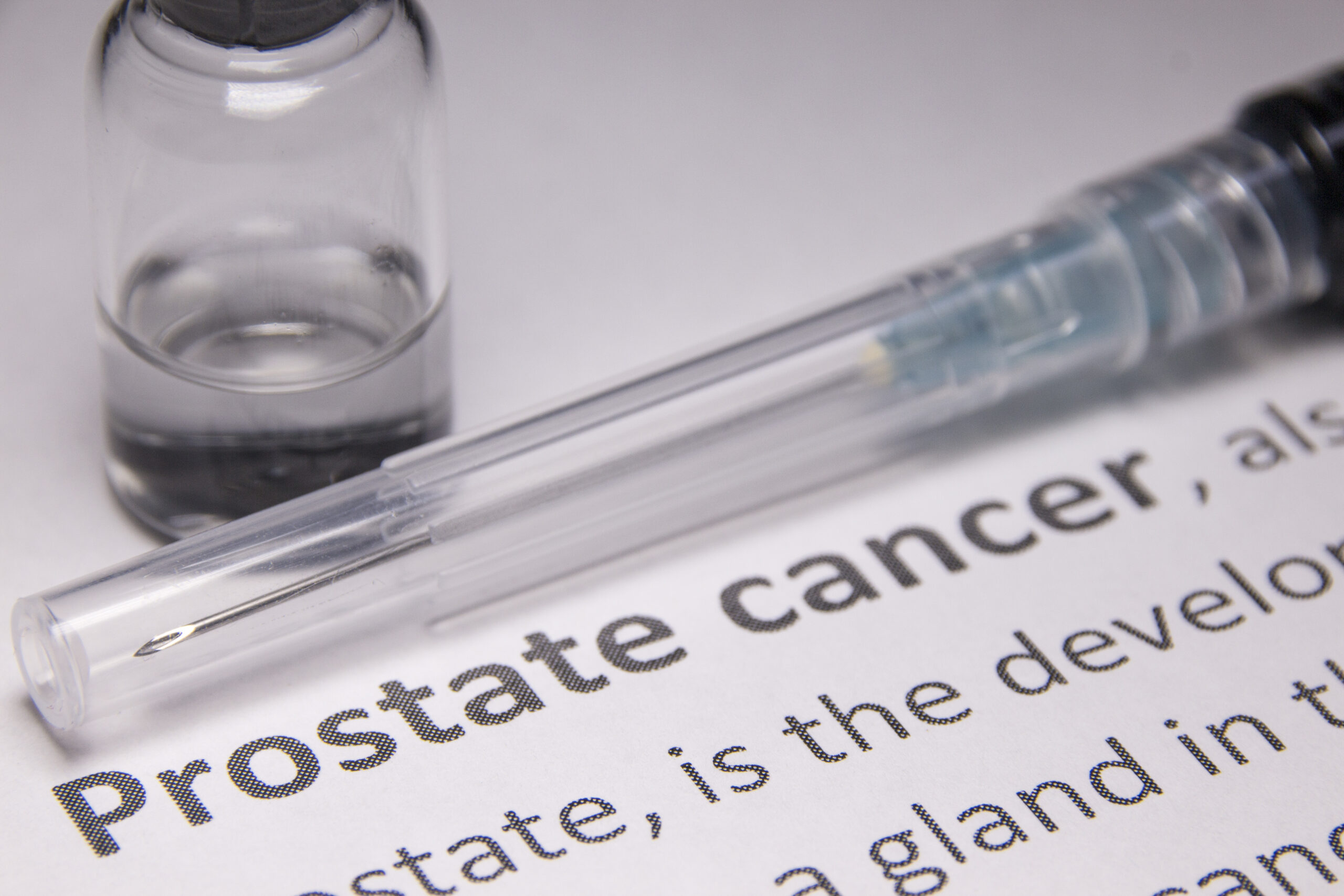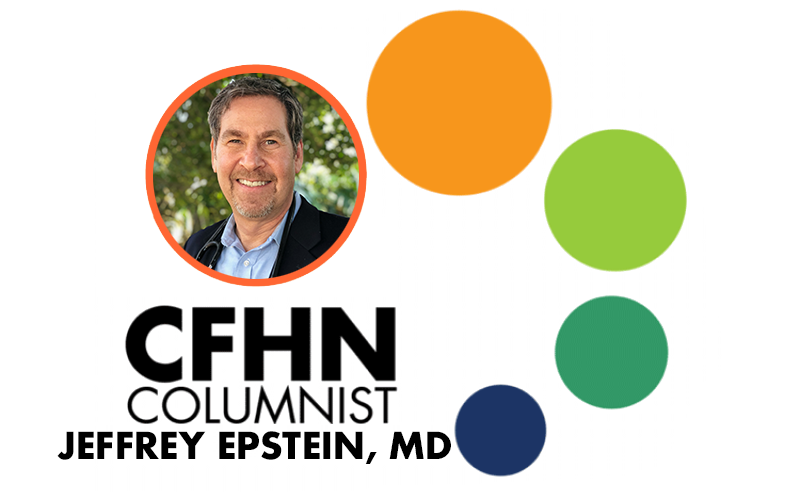
Health News
Features
-
Getting You On the Right Path
Behavioral Health Navigators Steer Polk Residents to the Right Resources by TERESA SCHIFFER The first step toward overcoming a mental health or behavioral problem is acknowledging the problem and seeking treatment. Unfortunately, finding the right resources that can provide that help can be challenging. Peace River Center has introduced a new program providing guidance for…
-
Paving the Way for the Future
BayCare Polk Teaming Up With Local Colleges to Provide Immersive Experience by TERESA SCHIFFER Aspiring nurses must be dedicated to their education before they enter the field professionally, but classroom instruction alone will not prepare them for the daily duties of nursing. That’s why BayCare Health System’s Polk Region is now partnering with several local…
-
The Power of the PSA Test
Prostate Cancer Survivors Emphasize Importance of Crucial Screening Tool by TERESA SCHIFFER Among men in the U.S., prostate cancer is the second most common cancer. When it was first discovered by surgeon J. Adams at The London Hospital in 1853, it was considered “a very rare disease.” It took about 50 years for doctors to…
Columns
-
Urgency Versus Emergency: Know the Difference!
When you are sick or injured, the last thing on your mind is the cost. Unfortunately, the high costs of the Emergency Room can leave you with a hurting wallet for months after the visit. Luckily, there are now urgent care centers like Owl Now Urgent Care that are available to provide treatment for a…
-
Three Great Reasons to Schedule Your Annual Wellness Visit
You’ve had a physical, you’ve had your eyes checked, and your hearing. You have gone through all the usual testing— cholesterol, blood sugar, blood pressure, etc. But have you scheduled your Annual Wellness Visit? This important appointment can help you regain control of your health and enhance your senior lifestyle. Whether you believe you’re healthy…
-
The Thyroid Gland and Weight Loss
Maintaining a healthy body weight can be frustrating – trying to balance sensible eating with proper exercise is tricky. Unfortunately, some folks suffer from health conditions that can make losing weight very difficult. An underperforming thyroid gland is one such culprit. The thyroid gland is an organ that sits at the base of the neck…





